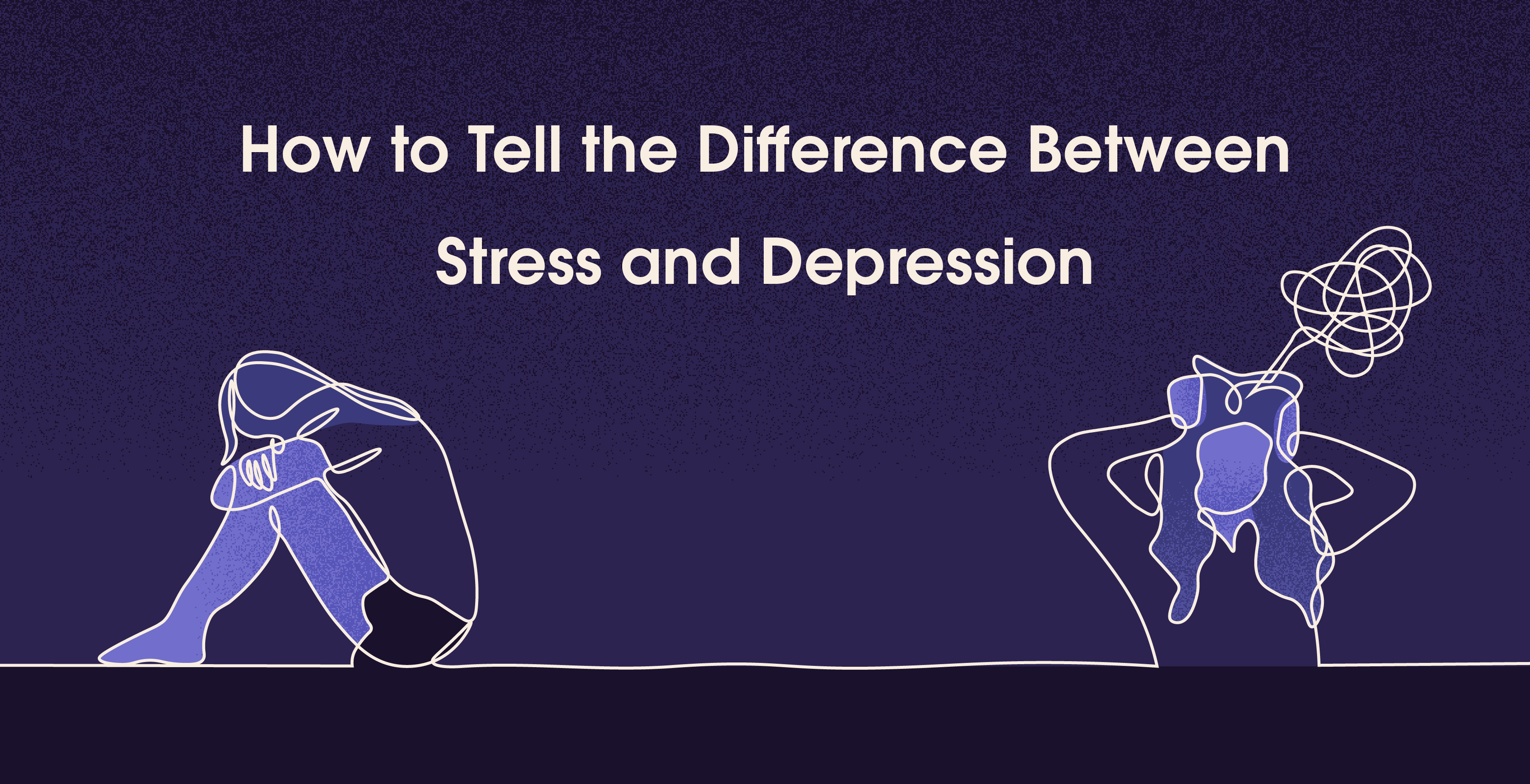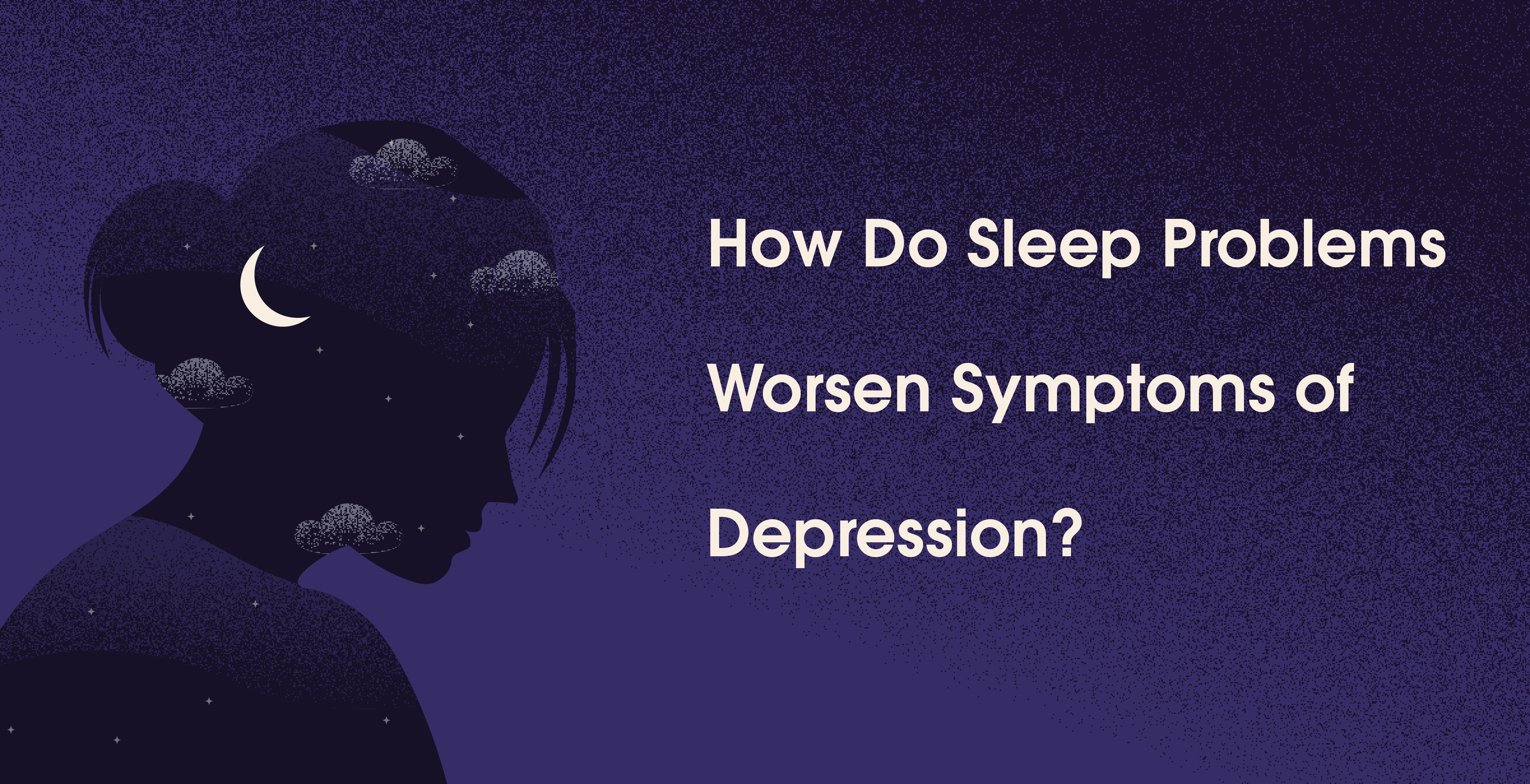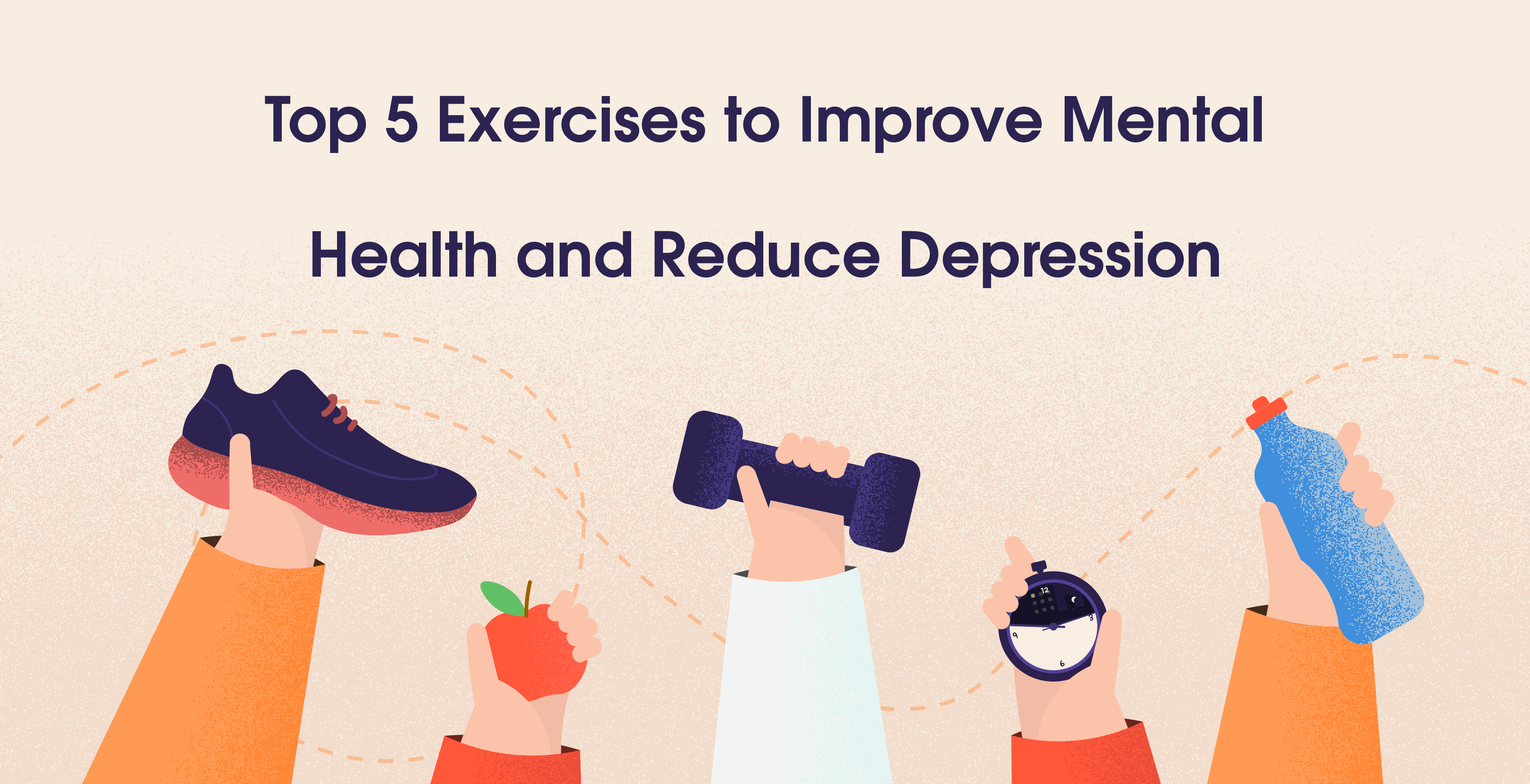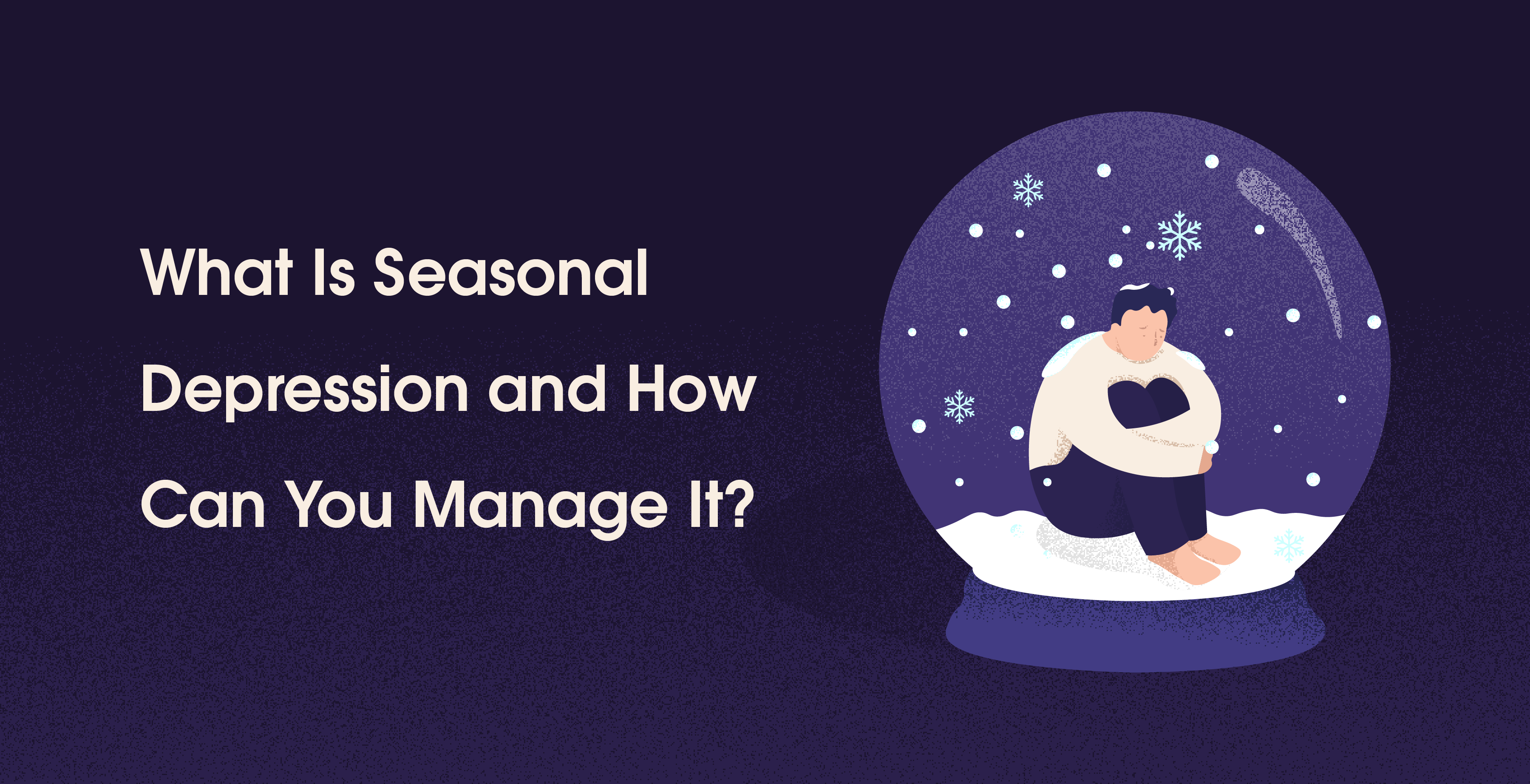How to Tell the Difference Between Stress and Depression
Jan 21, 2025
Sayfali Rawlani



Table Of Contents
Do you know those days when everything feels like it’s spiraling out of control? Deadlines breathing down your neck, dishes piling up in the sink, and the thought of one more task makes your head spin? That’s stress. But what if that chaos doesn’t go away? What if, even when the pressure lets up, you still feel stuck, exhausted, or numb? That’s where the lines between stress and depression can blur — but they’re not the same, even if they feel like close cousins. Let’s untangle this.
Stress
Picture your brain as a supercharged electrical circuit. Stress happens when too many switches are flipped at once — work deadlines, family obligations, your ever-growing to-do list. It’s that racing heartbeat, sweaty palms, and inability to concentrate. Stress screams, “There’s too much going on, and I can’t handle it!”
But here’s the thing: stress is typically tied to a specific event or situation. Maybe it’s that presentation you’ve been dreading or your toddler’s nonstop tantrums. The beauty of stress (yes, there’s a silver lining) is that it’s usually short-lived. Once you check that task off your list or resolve the issue, you feel some relief.
What stress doesn’t do is make you question your entire sense of self-worth. It doesn’t wrap you in a fog of hopelessness that lingers like an uninvited guest. It’s loud and obnoxious, but it doesn’t drain your energy for weeks on end.
Depression
Depression, on the other hand, isn’t about a single spark short-circuiting the system. It’s more like a dimmer switch that’s slowly turned down, leaving you in the dark. There’s a weight to it, a heaviness that sits in your chest and whispers, “Why even bother?”
Unlike stress, depression isn’t always tied to an external cause. Sure, it can be triggered by a big life event — a breakup, job loss, or even prolonged stress. But sometimes, it sneaks in uninvited, without an obvious reason. You might sleep for 10 hours and still feel exhausted, or you could struggle to eat because even food loses its flavor. Things that once made you happy? They start to feel like chores.
Here’s the kicker: depression isn’t just sadness. It’s a thief that robs you of motivation, focus, and joy. And unlike stress, which ebbs and flows, depression tends to linger like a stubborn stain.
When They Overlap
Okay, so stress and depression have their own vibes, but life isn’t always so black and white. Long-term stress can open the door to depression if left unchecked. Think about it — if you’re constantly operating in survival mode, with no time to recharge, your brain might decide to wave the white flag. Suddenly, what started as a manageable workload feels insurmountable, and you lose interest in everything, even the things you once loved.
How to Spot the Differences
It’s not always easy to tell where one ends and the other begins, but there are clues. Stress is like a ticking clock — it’s tied to specific events and feels urgent. Depression? It’s more like a fog that clouds your entire perspective, making everything seem dull and lifeless.

What to Do When You’re Unsure
So, you’re not sure whether it’s stress, depression, or some messy mix of both? Start by checking in with yourself. Ask:
Am I overwhelmed by something specific?
Have I felt like this for more than a couple of weeks?
Is this affecting my relationships, work, or day-to-day life?
Sometimes, it’s hard to untangle your thoughts on your own. Talking to a friend, journaling, or even seeking a therapist can help. And hey, there’s no shame in getting professional help. Think of it as a tune-up for your mental health — because your brain deserves care, just like your body does.
How to Manage Stress
If stress is the culprit, it’s all about finding balance.
Take a breather: Even five minutes of deep breathing or a quick walk can do wonders.
Prioritize tasks: Not everything needs to be done right now.
Say no: Seriously, you don’t have to do everything.
And don’t forget to celebrate the little wins. Finished that report? Treat yourself. Kept your cool in traffic? Gold star for you.
How to Address Depression
If it’s depression knocking at your door, the approach looks different.
Reach out: Whether it’s a therapist, friend, or family member, don’t go through it alone.
Set small goals: Even getting out of bed or taking a shower is progress.
Be kind to yourself: You’re not lazy or weak — you’re navigating something tough.
And remember, it’s okay to lean on professional support. Medication, therapy, or a mix of both can make a world of difference.
Final Thoughts
Here’s the bottom line: stress and depression might share some overlap, but they’re not the same. Stress is a reaction to life’s demands, while depression is a deeper, more persistent challenge. Understanding the difference is the first step in taking control and finding the right tools to feel like yourself again.
So, whether it’s carving out time to breathe or reaching out for help, know that you’re not alone. Life throws curveballs, but you’ve got this — one step, one day at a time.
Do you know those days when everything feels like it’s spiraling out of control? Deadlines breathing down your neck, dishes piling up in the sink, and the thought of one more task makes your head spin? That’s stress. But what if that chaos doesn’t go away? What if, even when the pressure lets up, you still feel stuck, exhausted, or numb? That’s where the lines between stress and depression can blur — but they’re not the same, even if they feel like close cousins. Let’s untangle this.
Stress
Picture your brain as a supercharged electrical circuit. Stress happens when too many switches are flipped at once — work deadlines, family obligations, your ever-growing to-do list. It’s that racing heartbeat, sweaty palms, and inability to concentrate. Stress screams, “There’s too much going on, and I can’t handle it!”
But here’s the thing: stress is typically tied to a specific event or situation. Maybe it’s that presentation you’ve been dreading or your toddler’s nonstop tantrums. The beauty of stress (yes, there’s a silver lining) is that it’s usually short-lived. Once you check that task off your list or resolve the issue, you feel some relief.
What stress doesn’t do is make you question your entire sense of self-worth. It doesn’t wrap you in a fog of hopelessness that lingers like an uninvited guest. It’s loud and obnoxious, but it doesn’t drain your energy for weeks on end.
Depression
Depression, on the other hand, isn’t about a single spark short-circuiting the system. It’s more like a dimmer switch that’s slowly turned down, leaving you in the dark. There’s a weight to it, a heaviness that sits in your chest and whispers, “Why even bother?”
Unlike stress, depression isn’t always tied to an external cause. Sure, it can be triggered by a big life event — a breakup, job loss, or even prolonged stress. But sometimes, it sneaks in uninvited, without an obvious reason. You might sleep for 10 hours and still feel exhausted, or you could struggle to eat because even food loses its flavor. Things that once made you happy? They start to feel like chores.
Here’s the kicker: depression isn’t just sadness. It’s a thief that robs you of motivation, focus, and joy. And unlike stress, which ebbs and flows, depression tends to linger like a stubborn stain.
When They Overlap
Okay, so stress and depression have their own vibes, but life isn’t always so black and white. Long-term stress can open the door to depression if left unchecked. Think about it — if you’re constantly operating in survival mode, with no time to recharge, your brain might decide to wave the white flag. Suddenly, what started as a manageable workload feels insurmountable, and you lose interest in everything, even the things you once loved.
How to Spot the Differences
It’s not always easy to tell where one ends and the other begins, but there are clues. Stress is like a ticking clock — it’s tied to specific events and feels urgent. Depression? It’s more like a fog that clouds your entire perspective, making everything seem dull and lifeless.

What to Do When You’re Unsure
So, you’re not sure whether it’s stress, depression, or some messy mix of both? Start by checking in with yourself. Ask:
Am I overwhelmed by something specific?
Have I felt like this for more than a couple of weeks?
Is this affecting my relationships, work, or day-to-day life?
Sometimes, it’s hard to untangle your thoughts on your own. Talking to a friend, journaling, or even seeking a therapist can help. And hey, there’s no shame in getting professional help. Think of it as a tune-up for your mental health — because your brain deserves care, just like your body does.
How to Manage Stress
If stress is the culprit, it’s all about finding balance.
Take a breather: Even five minutes of deep breathing or a quick walk can do wonders.
Prioritize tasks: Not everything needs to be done right now.
Say no: Seriously, you don’t have to do everything.
And don’t forget to celebrate the little wins. Finished that report? Treat yourself. Kept your cool in traffic? Gold star for you.
How to Address Depression
If it’s depression knocking at your door, the approach looks different.
Reach out: Whether it’s a therapist, friend, or family member, don’t go through it alone.
Set small goals: Even getting out of bed or taking a shower is progress.
Be kind to yourself: You’re not lazy or weak — you’re navigating something tough.
And remember, it’s okay to lean on professional support. Medication, therapy, or a mix of both can make a world of difference.
Final Thoughts
Here’s the bottom line: stress and depression might share some overlap, but they’re not the same. Stress is a reaction to life’s demands, while depression is a deeper, more persistent challenge. Understanding the difference is the first step in taking control and finding the right tools to feel like yourself again.
So, whether it’s carving out time to breathe or reaching out for help, know that you’re not alone. Life throws curveballs, but you’ve got this — one step, one day at a time.
Table Of Contents
Table Of Contents
Table Of Contents
Read More


Mar 28, 2025
Sayfali Rawlani


Feb 6, 2025
Sayfali Rawlani


Jan 28, 2025
Sayfali Rawlani



Copyright © 2025 trst health. All right reserved.

